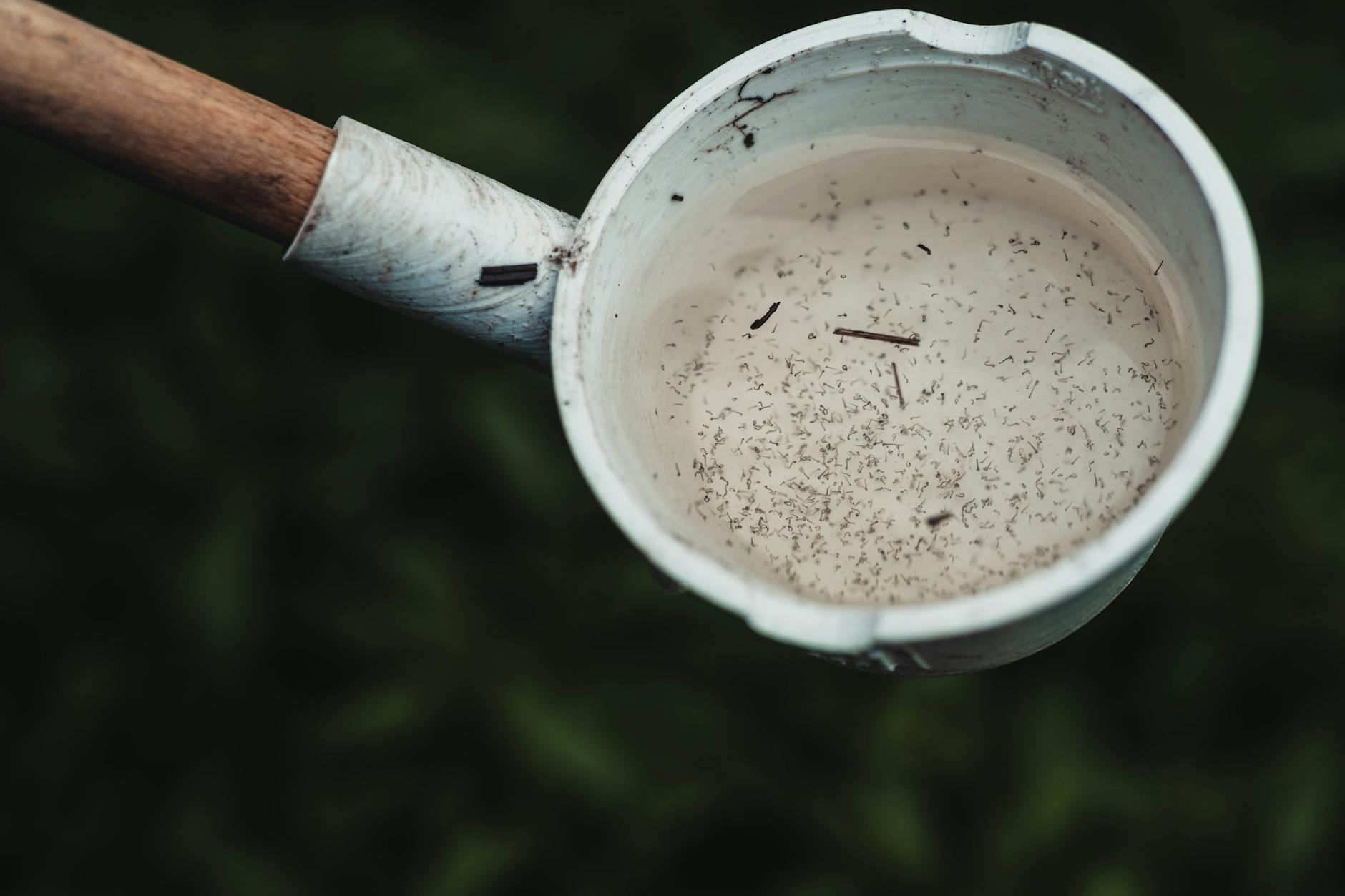Preventing malaria in Uganda requires a combination of personal protection, community measures, and prompt treatment. Understanding how to reduce your risk and act early can save lives and prevent complications. If you are experiencing fever, chills, or body aches, you can get personalised malaria advice and treatment from licensed doctors through Hope Plus to start treatment early and avoid complications.
Effective Treatment and Prophylaxis
Early diagnosis and proper treatment of malaria are essential to eliminate parasites from the human population. Protecting high-risk groups, such as pregnant women, young children, and people with chronic illnesses, is particularly important. In Uganda:
- Pregnant women should receive Intermittent Preventive Treatment (IPT) with Sulfadoxine/Pyrimethamine (SP) from 13 weeks of pregnancy and monthly thereafter until delivery.
- People at high risk may receive chemoprophylaxis as advised by a healthcare provider.
- Everyone with suspected malaria should be tested and treated promptly to prevent the spread of infection.
Reducing Human-Mosquito Contact
Minimising contact between humans and mosquitoes significantly reduces malaria transmission. Some practical steps include:
- Sleeping under insecticide-treated bed nets every night.
- Using indoor residual spraying to kill adult mosquitoes inside homes or applying knock-down sprays.
- Screening windows and doors to prevent mosquitoes from entering your home.
- Wearing long-sleeved clothing and using repellents when outdoors, especially at night.
- Selecting house sites away from swampy or mosquito-prone areas if possible.
Controlling Mosquito Breeding Sites
Stopping mosquitoes from multiplying helps protect the entire community. Measures include:
- Removing or covering stagnant water where mosquitoes breed, such as empty cans, potholes, old tyres, plastic bags, and footprints filled with water.
- Treating standing water with larvicides or using biological control methods, like larvae-eating fish, to reduce mosquito populations.
Public Health Education and Self-Care
Community awareness is essential for malaria control. Everyone should be informed about:
- The importance of using bed nets and insecticides.
- Eliminating mosquito breeding sites around homes.
- Recognising malaria symptoms early.
- Self-testing using Rapid Diagnostic Tests (RDTs) before taking any malaria medicine, which helps ensure treatment is only given when needed.
By combining early diagnosis, personal protection, and community measures, malaria can be effectively prevented and controlled in Uganda.


